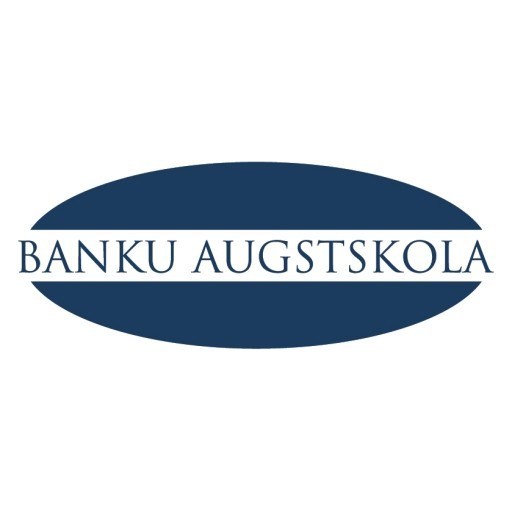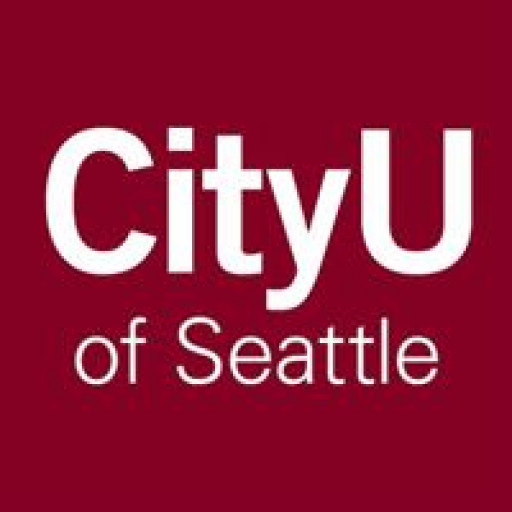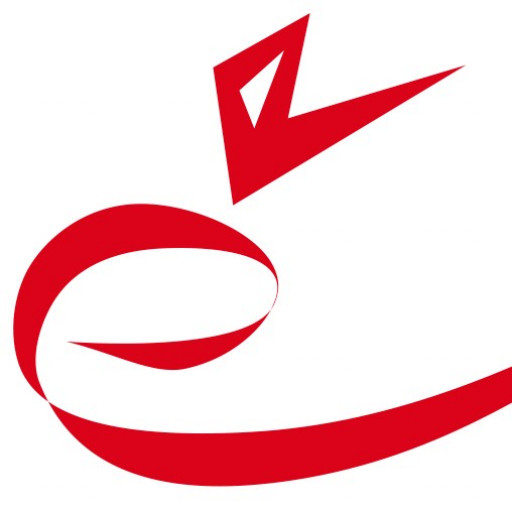Cooperation in the development sector has been considered a key instrument in the field of international relations for reducing the still existing gap between many countries of the southern and northern hemispheres. Poverty is directly related to gender inequality, ill-equipped healthcare systems, inefficient education systems, global environmental problems, and starvation amongst a host of other factors. While more effective and efficient development policies are certainly needed, highly qualified professionals with a broad understanding of those spheres are also needed by international organisations in order to build up and implement these policies.
The Master's programme in Sustainable Development Management incorporates and interlinks different knowledge areas including economics, politics, and project management in order to provide our students with the broad perspective necessary for the field of sustainable development. Furthermore, it delivers the required skills not only to successfully design, set-up, and implement development projects, but also to critically evaluate existing projects, making our students highly valuable assets for employers both in the public and the private sector. The goal of this programme is to train future professionals for a more sustainable and peaceful development of humanity.
The international atmosphere and the mix of students from developing and developed countries will provide prospective students of Sustainable Development Management with the capability to develop profound intercultural and diversity management skills and a deeper sensitivity towards development. Moreover, the course design ensures that students will have had the chance to participate and conduct research in more than one development project by graduation.
The Master's programme in Sustainable Development Management incorporates and interlinks different knowledge areas including economics, politics, and project management in order to provide our students with the broad perspective necessary for the field of sustainable development. Furthermore, it delivers the required skills not only to successfully design, set-up, and implement development projects, but also to critically evaluate existing projects, making our students highly valuable assets for employers both in the public and the private sector. The goal of this programme is to train future professionals for a more sustainable and peaceful development of humanity.
The international atmosphere and the mix of students from developing and developed countries will provide prospective students of Sustainable Development Management with the capability to develop profound intercultural and diversity management skills and a deeper sensitivity towards development. Moreover, the course design ensures that students will have had the chance to participate and conduct research in more than one development project by graduation.
Educational organisation
The standard duration of study for this programme is three semesters. The first two semesters serve to impart advanced economics and political science approaches to the issue of sustainable development and empirical methods. In the second semester, students gain a profound knowledge of international law aspects as well as the methods of project management and evaluation in development cooperation. In both semesters, there is also the possibility of a thematic focus through elective courses.The third semester is dedicated to the production of the thesis, which can also be done as part of a specific development project. In preparation for this project, work is carried out on a subject of applied development cooperation.
Study abroad unit(s)
NoneInternships
NoneCourse objectives
Graduates of Sustainable Development Management from Rhine-Waal University of Applied Sciences will be valuable employees that are highly sought after by various institutions in the fields of technical as well as financial development cooperation. Moreover, the strong focus of the Master's programme on project management will give our students an additional edge in the private and public development sector.Language requirements
Please note that for this degree programme, English language skills at level B2 according to the Common European Framework of Reference are required. Please be aware that all applicants' test report form numbers will be checked. The following certificates are accepted:IELTS: 6.0 - 6.5
TOEFL (Internet-based test): minimum 80
TOEFL (paper-based test): minimum 550
TOEFL (computer-based test): minimum 213
The TOEFL code of our university is: 6962
The only exceptions to these language requirements is the achievement of a Bachelor's degree taught in English.
Please note: From the summer semester 2017 onwards, English language skills at level C1 are required.
Academic requirements
German entrance qualification for universities of applied sciences or equivalent (http://anabin.kmk.org/) and a Bachelor's degree (or equivalent) in or related to sustainable development management with a German grade of 2.5 or better, or an ECTS-grade of A or BWant to improve your English level for admission?
Prepare for the program requirements with English Online by the British Council.
- ✔️ Flexible study schedule
- ✔️ Experienced teachers
- ✔️ Certificate upon completion
📘 Recommended for students with an IELTS level of 6.0 or below.
Enrolment fees
Approx. 270 EUR per semester. This covers nominal administration fees and includes a semester ticket that allows free travel on most bus and train routes throughout the state of North Rhine-Westphalia as well as to and from Nijmegen in the Netherlands.Costs of living
The "Deutsches Studentenwerk" puts the average cost of living for students in Germany at around 700 to 800 EUR per month. This includes rent, utilities, personal expenses, and other nominal costs. For a sample breakdown of living expenses and information about financing your studies in Germany, please see our website: http://www.hochschule-rhein-waal.de/en/academics/students/costs-scholarships-and-grants.Job opportunities
International students from non-EU countries are legally permitted to work 120 full days or 240 half days per year on a student visa. No additional authorisation from German authorities is required.Rhine-Waal University of Applied Sciences often posts job advertisements for students both inside and outside the university on campus noticeboards. Some jobs at the university only require English, but most jobs in Kleve, Kamp-Lintfort, and surrounding areas will require at least conversational fluency in German. Fortunately, our Language Centre offers German courses that students can attend at no charge.
However, due to the intense workload at Rhine-Waal University of Applied Sciences, first-year students are strongly advised to dedicate their full attention to their studies. In later semesters, you will have a more open schedule and a better idea of how to balance work and studies. This is also a realistic time frame for acquiring speaking proficiency in German while studying full-time.
Funding opportunities within the university
A limited number of scholarships are available for currently enrolled students at Rhine-Waal University of Applied Sciences. The most prominent scholarship is the Germany Scholarship ("Deutschlandstipendium"). German and international students are both eligible to apply. The Germany Scholarship is a stipend of 300 EUR per month awarded each year to a limited number of students who have demonstrated excellent academic performance or exemplary social commitment to the community. Other scholarships, grants, and fellowships are available through regional and national organisations in Germany. Please see our website for details.Rhine-Waal University of Applied Sciences informs all students of important scholarship deadlines in advance so that they don't miss any potential application opportunities.
http://www.hochschule-rhein-waal.de/en/academics/students/costs-scholarships-and-grants/scholarships-and-grants
Arrival support
Rhine-Waal University of Applied Sciences is accessible from the international airports Amsterdam (AMS), Düsseldorf (DUS), Cologne/Bonn (CGN), and Weeze (NRN). The university does not offer any pick-up services, but both Kleve and Kamp-Lintfort can be reached by public transportation from any of these airports.If you anticipate any travel problems, delays, or unexpected changes to your plans, please contact our Welcome Centre so that we can support you with helpful advice.
Services and support for international students
Our Welcome Centre supports international students during their first few weeks in Germany. The Welcome Centre provides helpful advice and guidance on contracts, opening a bank account, registering your place of residence, applying for a student visa, setting up health insurance, and more.The student mentors at the Welcome Centre know first-hand what it's like adjusting to life as a student in Germany. They are also an important first contact point for students with personal and social issues, as they can direct students to the right place for their specific needs. The Welcome Centre also promotes student culture at the university by organising trips and excursions to destinations all around the region as well as a range of social events for students such as the annual "Freshtival", the university's week-long orientation festival for new students in the winter semester.
Accommodation
Rhine-Waal University of Applied Sciences strongly urges you to make accommodation arrangements before your arrival. The university does not have its own residence halls, but the "Studierendenwerk Düsseldorf" runs dormitories near campus in Kleve and Kamp-Lintfort with options for single rooms or two- and three-room flats. Prices start at around 220 EUR per month. Room availability in these dormitories is limited and subject to a waiting list, so it's important to register online for a room as soon as possible. Please note that a security deposit of three months' rent is also required.Most students choose to share a private flat off campus with fellow students. There are a number of popular online portals for finding a flat in Germany, for example: http://www.wg-gesucht.de. Rhine-Waal University of Applied Sciences also maintains its own list of available flats and rooms for students on its website. Thanks to the flexibility of the Semester Ticket, students can live in Kleve, Kamp-Lintfort, or one of the many cities and towns nearby and reach campus by public transport. For more information and helpful tips on finding a flat, please see our website: http://www.hochschule-rhein-waal.de/en/academics/prospective-students/housing.
Local:$ 10.4 k / Year(s)
Foreign:$ 10.4 k / Year(s)











